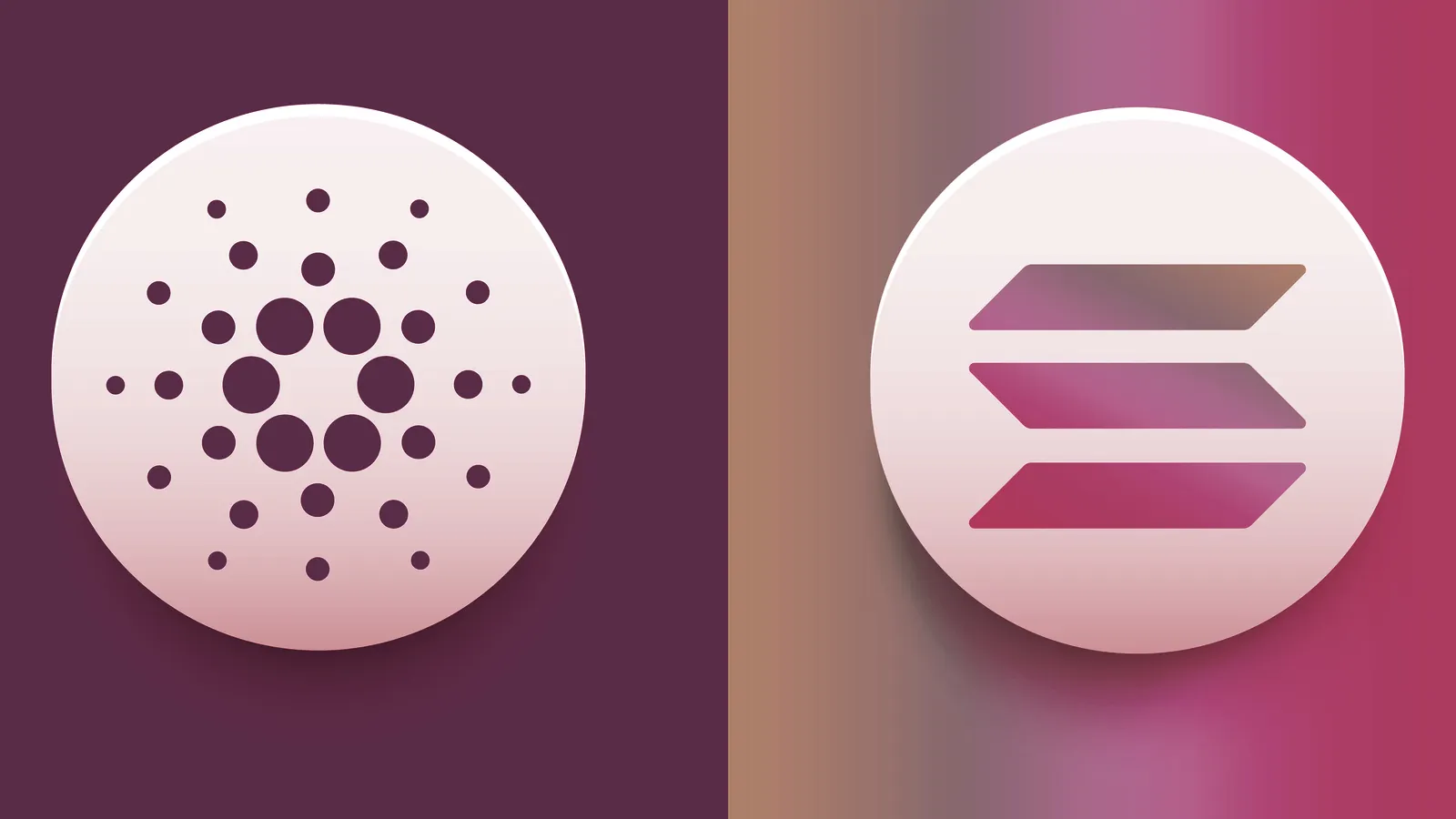Solana (SOL) and Cardano (ADA) might soon have futures contracts available on the Chicago Mercantile Exchange, a CME Group executive said earlier this week.
Payal Shah, the director of equity and cryptocurrency products at CME, spoke at CryptoCompare’s Digital Asset Summit in London.
“We’re looking at it,” she said when asked if CME was considering offering futures and other derivative products for altcoins. “We get a number of client requests for anything outside the top two—Solana, Cardano.”
Although they’re still categorized as “altcoins” simply because they’re not Bitcoin or Ether (the latter of which is itself sometimes mentioned as an altcoin), SOL and ADA have solidified their places in the top 10 by market cap. As of Friday afternoon, SOL was the sixth-largest coin with a $44.3 billion market cap and ADA was eighth largest with a $39.5 billion market cap.
Solana, especially, has seen a lot of growth. It was the top-performing coin in 2021, climbing from $1.84 at the start of the year to $178.26 by December 15.
While the interest is certainly there, Shah said CME will have to contend with two main challenges before offering futures contracts for SOL or ADA.
First, the exchange’s futures contracts settle to an index because they rely on five different exchanges for price; if there’s an outage on one, they still have a precise price and can settle their futures.
The other concern is regulatory. “We need to know where to send the paperwork,” she said.
There’s been a lot of demand for the Bitcoin and Ethereum products CME already offers. The commodities exchange began offering options on micro Bitcoin and micro Ether futures last week. The micro means that traders can buy derivatives contracts in increments worth 1/10th of Bitcoin’s or Ethereum’s price.
Crypto derivatives products, like Bitcoin futures, allow investors to speculate on an asset’s price without the need to physically hold the underlying asset. Investors use them to bet on price movement and hedge against the asset’s volatility.
The spot market, by contrast, deals with the real-time price and delivery of an asset. There’s no buying a contract to buy or sell Bitcoin if it hits a certain price in the future. The transaction takes place immediately.
“We’re off to a really good start. The screens are lit. We’ve had some really good trades,” Shah said. “And just to unpack that a little bit, the micro Bitcoin futures contract we launched in May of last year, and already we’ve done close to 5 million contracts.”
The group’s initial Bitcoin futures contract has experienced significant growth as well.
“In the few years—just over four years—since we launched our initial futures contract, the standard Bitcoin future with five-time multiplier, we’ve seen that grow from doing 1,000 contracts a day to now 10,000 a day,” she said. “That growth is mind-boggling.”
Outside of CME, the crypto derivatives market has been getting a lot of attention from crypto-native exchanges. Crypto.com, FTX and Coinbase have all made moves to cater to derivatives traders in the past year.

